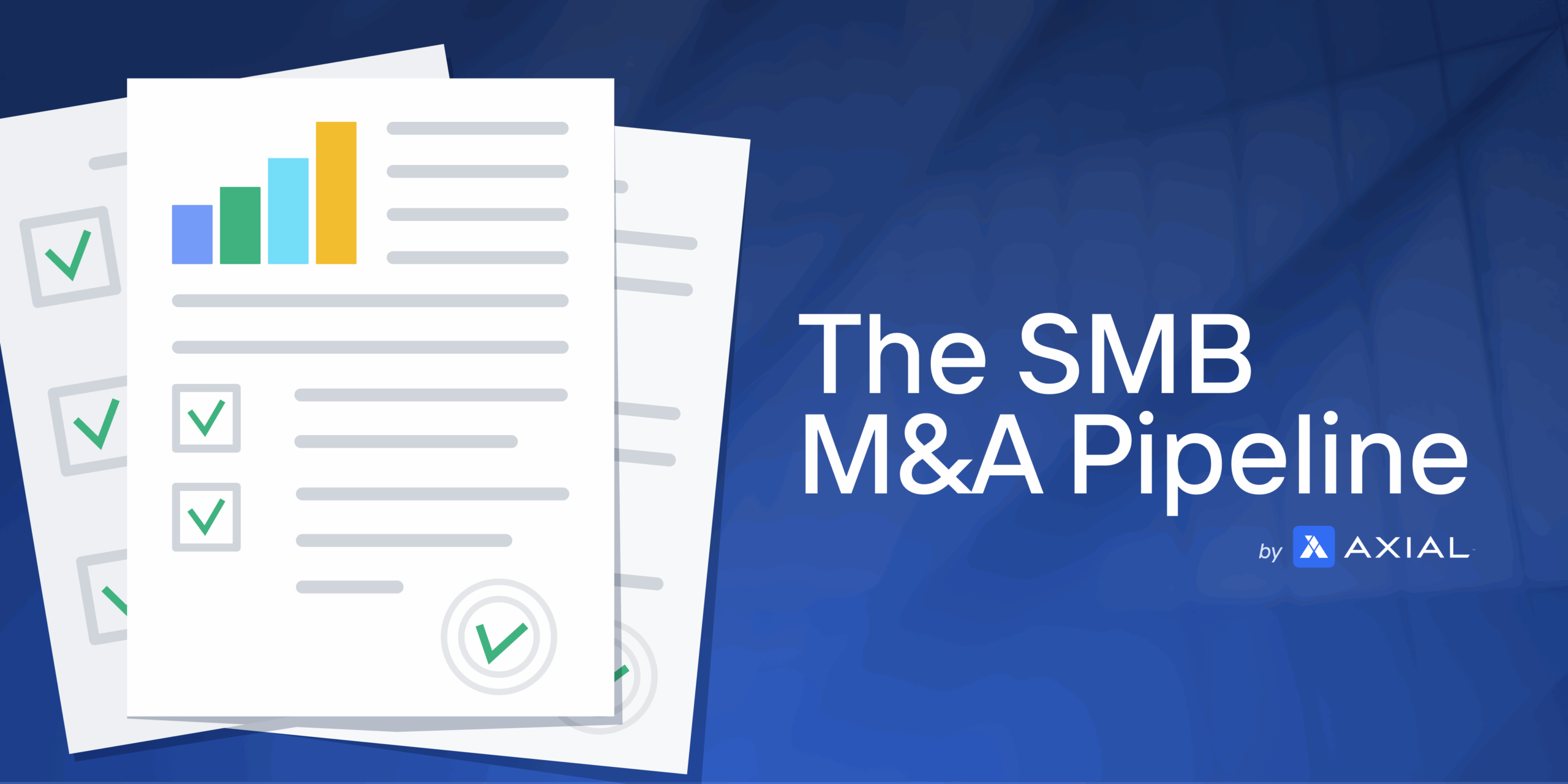
The SMB M&A Pipeline: Q4 2025
Welcome to the Q4 2025 issue of The SMB M&A Pipeline, the quarterly series that surfaces a top-of-the-funnel breakdown of…
Neil Schaefer and his college friend and business school roommate, Burke Ramsay, came together last year to form Auricle Capital Partners, LLC, a private investment firm based on the independent sponsor model.
After 11 months of searching, they had found and pursued their desired acquisition target via the Axial platform – Austin, Texas-based Banister Tool, Inc. They secured capital to complete the deal, which closed in June 2021. Today Schaefer and Ramsay are overseeing operations, people, finances, and customer relations at Banister — more hands on than originally anticipated.
“Finding a good opportunity is the hardest challenge for any investor,” Schaefer said. “It’s difficult to move fast because you’re spending your own money on diligence.”
And therein lies the rub. Independent sponsors love the pursuit, the thrill of a new deal, and the realization that they’ve found the right business to buy. But getting to that mid-level stage before confirming the interest of outside investors takes upfront cash, usually out of their own pockets. If the deal falls through they typically lose a large portion of those funds and must regroup. “Until the deal closes, we’re at risk on those expenses,” Schaefer said. If you’re in too deep, you’ll lose a lot of sleep, he admitted.
How much independent sponsors spend before seeking outside capital runs the gamut, depending on the target’s industry, location, and the experience, bank accounts, and preferences of those searching for deals. It’s typical to pay out $25,000 to $50,000 during the search phase and “light diligence” on deal prospects, noted Schaefer. But further along in the process independent sponsors could spend between $75,000 and $125,000 in total, he said.
Jonathan Saltzman, managing partner of Torque Capital Group, a New York-based three-partner independent sponsor and private equity firm, said independent sponsors should be prepared to burn through $500,000 to $1 million before they start generating income. “You might need to spend money on accountants and lawyers before you have commitments from equity capital,” he noted.
Expenses include travel costs to the targets’ locations or trade events, firm infrastructure, initial accounting fees such as securing a quality of earnings report, industry diligence, environmental reviews if applicable, market research and studies, advisory services, deal-sourcing fees, and of course attorneys, eventually. Environmental reviews — or phase-one studies — alone can run $5,000 to $10,000 each, Schaefer noted.
To avoid going broke without knowing if a transaction will occur, independent sponsors may want to consider staging when they are incurring those expenses, advised Greg Tobben, managing partner and co-founder of St. Louis-based Access Capital Partners, a middle-market investment bank focused on raising capital for independent sponsors . In other words, independent sponsors may want to pace themselves, particularly when it comes to incurring due diligence expenses, which can add up quickly. Ideally, Tobben said, “The best way to protect yourself is to have a capital partner before you start the third-party diligence work.” Less tenured independent sponsors without a portfolio of companies tend to be more likely to stage their expenditures and put them off as long as possible, until they find a capital partner, he noted.
That’s not always possible, though, nor always the desire of independent sponsors. Schaefer and Ramsay, for instance, funded the due diligence themselves using their own capital prior to raising external capital for the acquisition. “As we built confidence for our desire to close the transaction, we were more comfortable spending money on third-party diligence,” Schaefer said. Auricle also typically won’t spend meaningful money on third party advisors without exclusivity from the seller or enter exclusivity unless it is reasonably sure it wants to close the deal.
So how can independent sponsors mitigate risk while searching and conducting some third-party due diligence, prior to the capital-raising stage? Schaefer, Saltzman, and Tobben offer the following advice:
